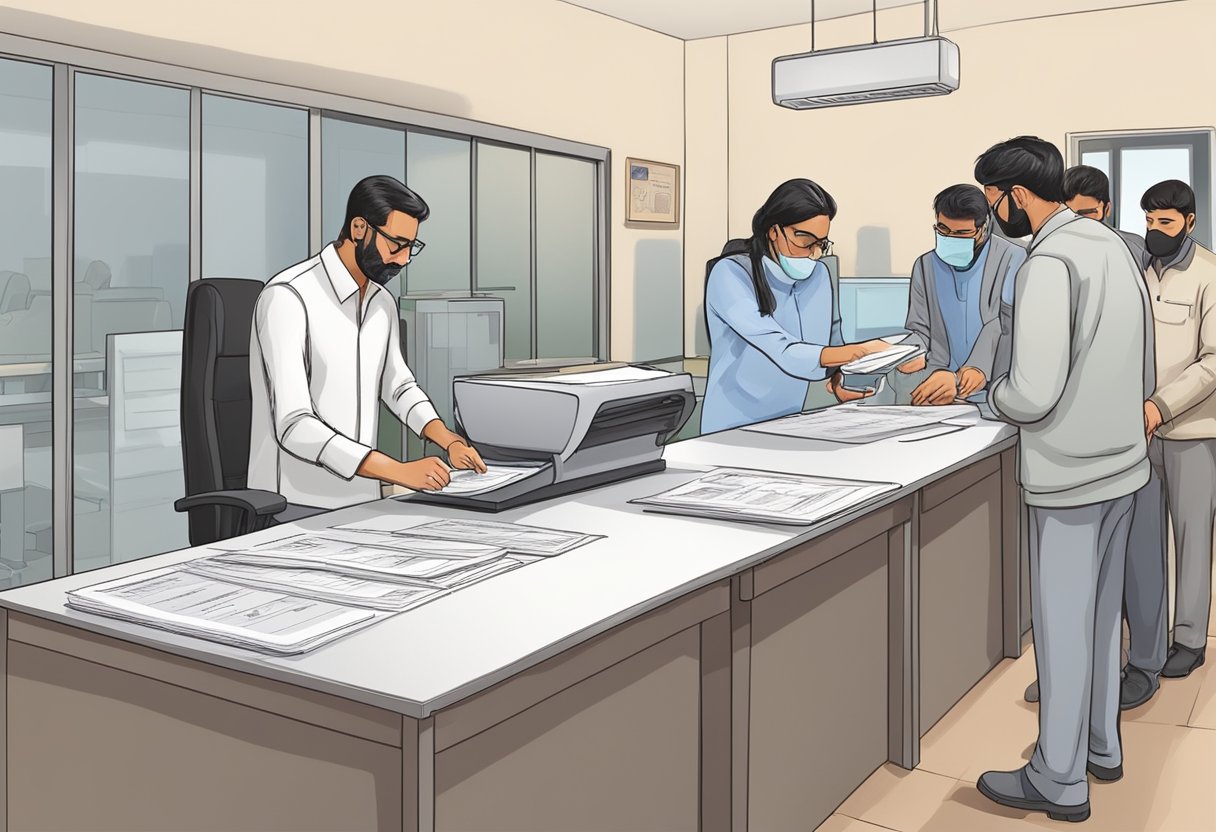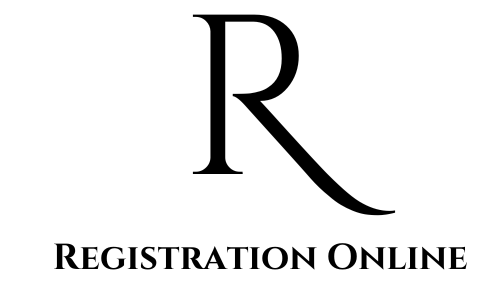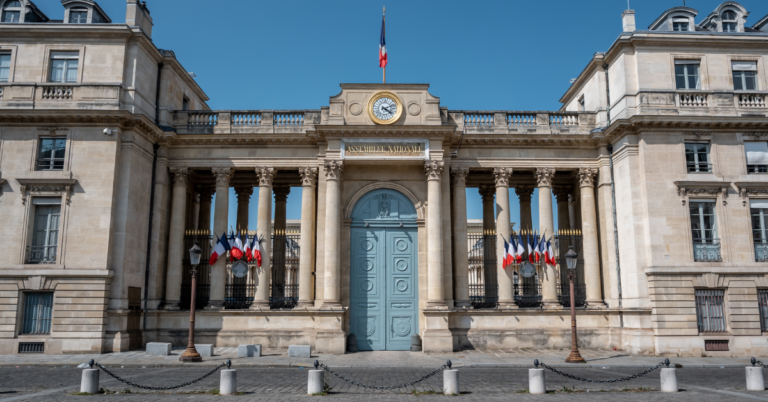Family Registration Certificate: How to Apply and What You Need to Know
Understanding the Family Registration Certificate (FRC)
The Family Registration Certificate (FRC) is a critical document in Pakistan for verifying an individual’s family makeup, often required for official procedures and verification purposes.
Definition and Purpose
The FRC is an official document that affirms a person’s family composition. It is generally utilized for confirming family relationships in cases of visa applications, immigration, and consulate services. The Family Registration Certificate serves as an authoritative linkage between an individual and their registered family members in Pakistan’s National Database and Registration Authority (NADRA) records.
Components of FRC
The FRC details the following essential components:
- Primary holder’s information: The main applicant’s details including name and National Identity Card (NIC) number.
- Family members’ details: Names, relationship to the primary holder, and NIC numbers of all included family members like parents, spouse, children, and siblings.
Family Tree Information
The Family Registration Certificate goes beyond mere listing; it outlines the family tree structure, which can include:
- Parents and siblings: Showing the connection through birth within the family.
- Spouse and children: Representing family extensions through marriage.
The FRC thus creates an authenticated record of an individual’s immediate family relationships, which is essential for many legal and administrative processes.
Eligibility Criteria

To obtain a Family Registration Certificate (FRC) from the National Database and Registration Authority (NADRA) of Pakistan, applicants must meet specific criteria based on their relationship to their family members. The eligibility is determined by factors like birth, marriage, adoption, and citizenship status for overseas Pakistanis.
By Birth
Individuals born within Pakistan are eligible to be included in the FRC. They need to provide the Computerized National Identity Card (CNIC) numbers of their parents and siblings. All family members must be registered with NADRA to be reflected in the certificate.
By Marriage
Marriage constitutes a significant basis for eligibility. Spouses seeking to be included in their partner’s FRC must present their own CNIC along with their marriage certificate. The inclusion is based on the marital ties registered with NADRA.
By Adoption
For those who have been legally adopted, eligibility depends on the submission of the adoption documents that are recognized by Pakistani law. The documentation includes CNIC details of the adoptive parents and a legally binding adoption decree.
Overseas Pakistanis
Overseas Pakistanis maintain their eligibility for the FRC. They are required to present either their NICOP (National Identity Card for Overseas Pakistanis) or POC (Pakistan Origin Card) as proof of their identity and connection to their families back home in Pakistan.
Application Procedures

The application procedures for obtaining a Family Registration Certificate (FRC) vary depending on the applicant’s preference for online or in-person submission. It is essential for applicants to understand the specific steps and documentation required to ensure a smooth application process.
Online Application via Pak-Identity
Applicants can apply online for a Family Registration Certificate through the Pak-Identity website. First, they must create an account or log in if they already have one. Once signed in, they can select the FRC application option and complete the required information. The Pak-ID web portal and Pak-ID mobile app are designed to guide users step by step through the submission process, including uploading photographs and other identity documents.
Submission at NADRA Registration Center
Alternatively, applicants have the option to visit a NADRA Registration Center for direct assistance. Here, personnel can help applicants through the application process, ensuring all NADRA documents required are correctly provided. Bypassing the need for an online submission, this in-person method may be preferred by individuals who require additional support or lack internet access.
Documentation Required
Regardless of the submission method, certain documentation is essential. Applicants must present their identity documents, which include the CNIC/NICOP/POC for adults, B-Form/CRC for those under 18, and photographs. The documents may vary slightly if applying through birth or marriage channels, but having accurate and updated documentation is crucial for a successful FRC application.
Fee and Processing

When applying for a Family Registration Certificate (FRC), applicants should be aware of the associated costs and the procedures for payment and processing. The fees may vary depending on whether the FRC is requested by birth or marriage, and different categories may apply for both local and international applicants.
Fee Structure
Local Applicants:
- Similar Particular or Particular with Slight Difference: PKR 1,000
- With Different Particular: PKR 10,000
International Applicants (Zone A&B):
- Similar Particular or Particular with Slight Difference: $10 (USD)
- With Different Particular: Zone A: $250 (USD), Zone B: $120 (USD)
All fees are subject to change without prior notice.
Payment Modes
Applicants can make payments for the Family Registration Certificate using the following methods:
- Credit/Debit Card: Accepted for both local and international applications.
- Cash: Payments can be made at any NADRA Registration Center (NRC).
It’s important that applicants ensure that their payment method is acceptable at their application center.
Processing Time and Delivery
The processing time for an FRC may vary based on application volume and the specific details provided. Typically, the FRC is processed within:
- Local Applications: 10-15 business days.
- International Applications: May have varied processing times based on delivery method and location.
Delivery times are contingent upon the completion of processing, and expedited options may be available for an additional fee. Applicants can expect to receive their FRC at the registered address, or they may opt for pickup from a designated NADRA office if applicable.
Other NADRA Services and Identity Documents

NADRA provides a suite of essential identity documents and services to Pakistani citizens. These services are integral in establishing legal identity, necessary for myriad aspects of daily life, including but not limited to banking, voting, and international travel.
Pakistani Identity Cards (CNIC/NICOP/POC)
The Computerized National Identity Card (CNIC) is an essential document for adult citizens of Pakistan. It serves as a primary form of national identification. For overseas Pakistanis, the National Identity Card for Overseas Pakistanis (NICOP) functions similarly to the CNIC, facilitating them in various services abroad. The Pakistan Origin Card (POC) allows eligible foreigners with Pakistani heritage to obtain a card that offers visa-free entry into Pakistan and recognizes their status as persons of Pakistani origin.
Child Registration (CRC)
The Child Registration Certificate (CRC), commonly referred to as ‘B-form’, documents the birth and family linkage of children under the age of 18. For children to obtain a CRC, parents must present documented proof of birth and have a National Identity Card (NIC).
Smart National ID (SNIC)
The Smart National Identity Card (SNIC) is an advanced version of the standard CNIC equipped with a chip. This chip enhances security by storing the holder’s personal data and biometrics. SNICs are designed to introduce convenience and technological innovation to the traditional identity card system.
Frequently Asked Questions (FAQs)
When addressing questions around the Family Registration Certificate (FRC), applicants often inquire about how to rectify data errors, update family details, and understand the certificate’s renewal process and validity period. This section provides clear guidance to ensure that the public’s concerns are addressed effectively.
Resolving Errors and Discrepancies
In instances where an FRC displays incomplete information or incorrect spellings of English names, it is imperative for the holder to contact NADRA promptly. To amend such discrepancies, the individual must provide supporting documents that prove the correct information. The authority will then update their records, ensuring that all family members’ details are accurately reflected based on the provided 13-digit ID number.
Updating Family Details
To update family details on an FRC, such as changes due to marriage or the birth of a child, the applicant must submit a formal request to NADRA. This process involves submitting up-to-date documentation that reflects the new family composition. NADRA then verifies these details against their database and issues an updated FRC.
Renewal and Validity
The FRC does not have an expiry date and remains valid as long as the family composition remains unchanged. However, when family details change, it is necessary to apply for a new FRC. The public should ensure that their family details are current to avoid inconveniences in transactions where a valid FRC is required. For further information on the renewal process and other queries, individuals are encouraged to visit NADRA’s FAQ page.







One Comment
Comments are closed.